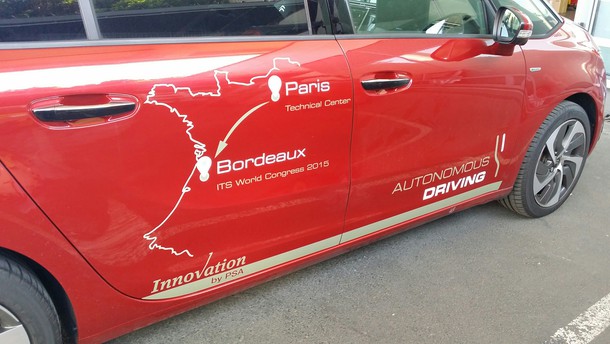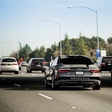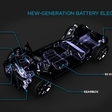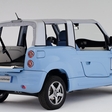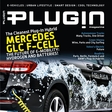
Representatives of the automotive company took the car for a ride to the Intelligent Transport System (ITS) World Congress, which was being hosted in Bordeaux this year, running from October 5 to 9. The prototype vehicle Citroen C4 Picasso managed to make a strect of 580km on the freeway, seamlessly adjusting its own speed, displaying textbook overtaking manoeuvres and lane changing – without any human intervention. It was also able to monitor and adopt to other vehicles, speed limits and road infrastructure.
In July this year, PSA Peugeot Citroën was the first European car-maker to request permission from French authorities to conduct driverless technology testing in public traffic. In 2015, PSA already used four prototype vehicles with autonomous driving systems and by next year, they are exepcting to form a fleet of approximately 15 fully operational prototypes.
At the end of a very successful testing, PSA Peugeot Citroen chairman Carlos Tavares said: "The journey made by our prototype today proves that autonomous vehicles are no longer of matter of science fiction. This ushers in a new era for mobility, which I find truly exciting."
The serial autonomous car perhaps won't be seen on our roads very soon, however all the autonomous driving equipment will, without a doubt, help to reduce the number of car accidents caused by reckless drivers. Drivers will also benefit from being less tired during long, monotonous drives – falling asleep behind the wheel is all but an uncommon occurance, often resulting in a tragic loss of human life.
